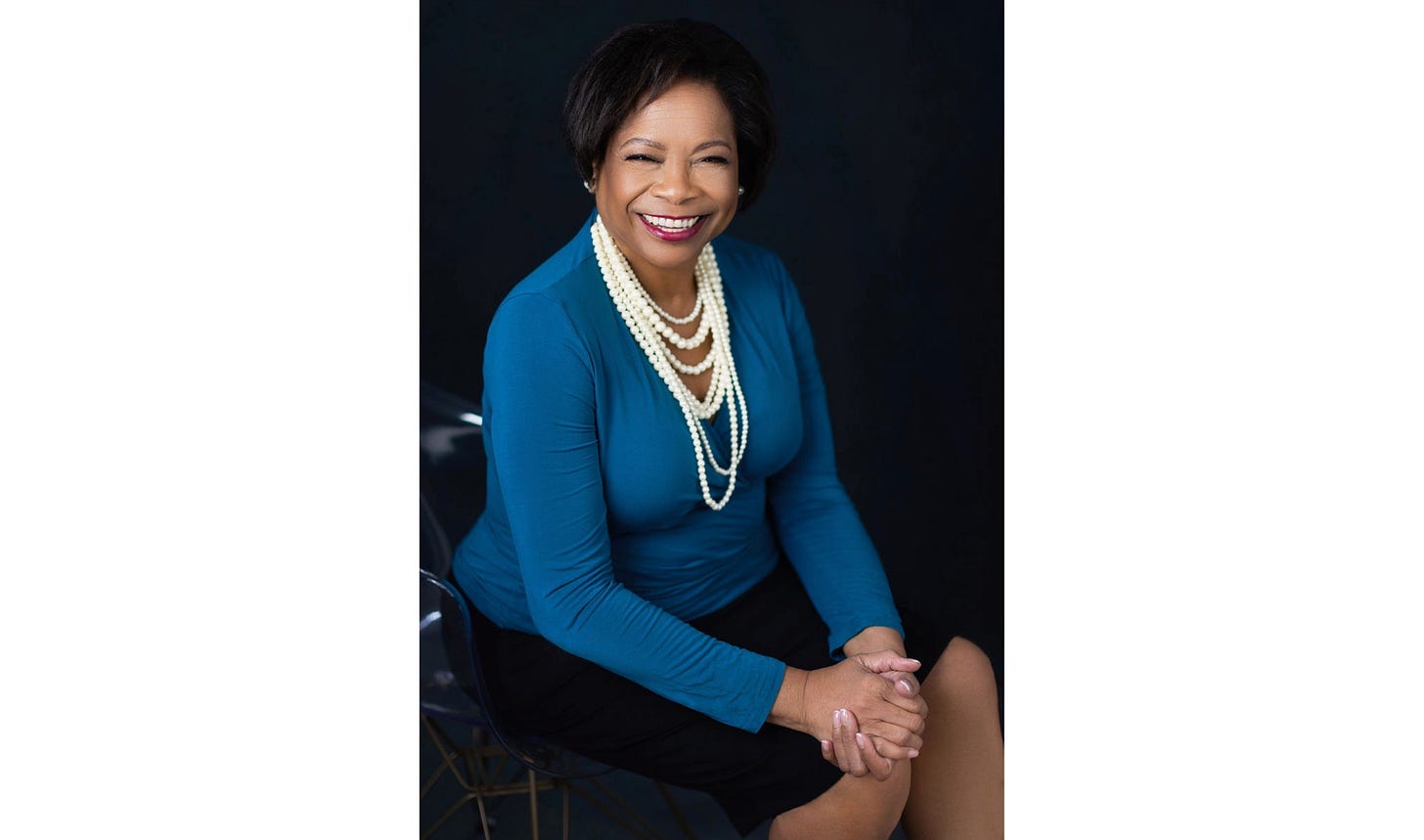'Bulldozing' People to 'Win' Conversations is Shortsighted and Costly
What's behind it and how to learn to be more skilled and respected
Forceful communication might feel in order or be a habitual part of one’s personality. It does come with risks and consequences.
This was a topic of conversation in an biz women article written by Cindy Barth where she interviewed Annetta Wilson, president of Annetta Wilson Media Training & Success Coaching.
"One of the most critical mistakes women or men can make when communicating is to go into a conversation with the objective of winning,” Barth quoted Wilson as saying.
"When you do that, the first thing that happens is that you don’t put yourself in a position to listen. The other person feels like they’re being bulldozed throughout the 'conversation,’” Wilson says. “Leaders or managers who communicate that way are going to have a hard time ever building trust, loyalty or respect because there’s always going to be collateral damage."
What stands out is that, "The other person feels like they’re being bulldozed throughout the 'conversation.'"
“This is so very true,” says Andrea Gurney, Ph.D., a clinical psychologist, author and professor of upper-level psychology courses at Westmont College. “When we enter a conversation with an objective to win, we have an agenda and a goal, not to mention a desired outcome. When we are driven by an end goal, we close ourselves off to hearing the other person's perspective. It's as if we become deaf.”
The lust for and pursuit of winning is in most people’s emotions and psychology. Success is meaningful. It feels good. An obsession to win most communication exchanges, professionally or personally, however is dangerous territory.
“Wilson is right on,” Gurney says. “When we set up a relational dynamic, whether personally or professionally, where there is a clear winner and loser, the ultimate loss is that of the relationship. And when we lose a relationship, we lose influence.”
That’s problematic beyond the obvious, she adds, because, “When we have an objective to win, we are setting up a ‘me versus you’ dynamic, which over time erodes trust, and is toxic.”
When people don’t feel listened too and additionally feel ‘bulldozed’ in an interaction, it’s far removed from an experience that feels respectful. It’s as if people who conduct themselves in this manner have yet to learn what it feels like or if they do, they don’t realize they are doing to others what they don’t enjoy either.
“One of the best ways to learn what something is like is to try to put yourself in the shoes of the other: The lion's story can not be told by the hunter,’ is an African proverb,” Gurney says. “In other words, empathy and perspective taking is key. It's one of the components of emotional intelligence (EQ) and EQ is necessary for leadership, life and love.”
She elaborates to explain why this type of cognitive processing and behavior matters. “When we are able to authentically empathize with one another, we come to see a more nuanced and arguably more true, perspective,” Gurney says.
Communication change is behavior change and that doesn’t happen without self awareness, she points out.
“All of my clients have heard me say: Awareness facilitates choice, and choice facilitates change. We can not change a behavior that we are unaware of. So we must first increase our awareness through honest self-assessment and through seeking truthful, albeit hard at times, feedback from others,” Gurney states.
Stressed and aggressive personalities can learn to communicate in a manner that is less competitive, more assertive or collaborative and not come across as untrustworthy and offensive.
“Individuals first need to be aware of the ways in which they ‘show up’ in these conversations. This requires doing the good, hard work of understanding their own story — what was modeled for them in their family of origin regarding communication— thinking through their own anxieties and fear — underneath an aggressive personality is often pain, frustration, unmet needs and potentially even trauma — and then choosing to do something different.”
She concludes that there are decisions to be made.
“We all have a choice, and when we increase our awareness and then learn skills — deep breathing, creating space, getting curious about our own emotional reactions — we can indeed move from a place of competition to cooperation, from critical to compassionate.”
The Communication Intelligence newsletter is a new publication produced by the publisher of Communication Intelligence magazine. Subscribe for free or decide on a paid subscription for “extras,” whichever works best for you.
If you’d like to advertise in the Communication Intelligence newsletter, you can reach out to Comm.Intel.Newsletter@gmail.com and ask questions or express what service, services or products you’d like people to see in this publication.





